Understanding the intricate connection between hormones and weight loss is vital for achieving and maintaining a healthy lifestyle. Hormonal imbalances can lead to challenges like difficulty losing weight or unexpected weight gain. When you’re overweight or underweight, your hormone levels may shift significantly, influencing metabolism, appetite, and fat distribution.
Key hormones like cortisol, insulin, and leptin play crucial roles in how your body processes food, stores energy, and responds to stress. An imbalance in these hormones can result in stalled weight loss, plateauing progress, or accelerated weight gain.
By addressing factors like stress management, sleep quality, and nutrition, you can take steps to regulate your hormones. Doing so not only aids in weight management but also supports overall well-being.
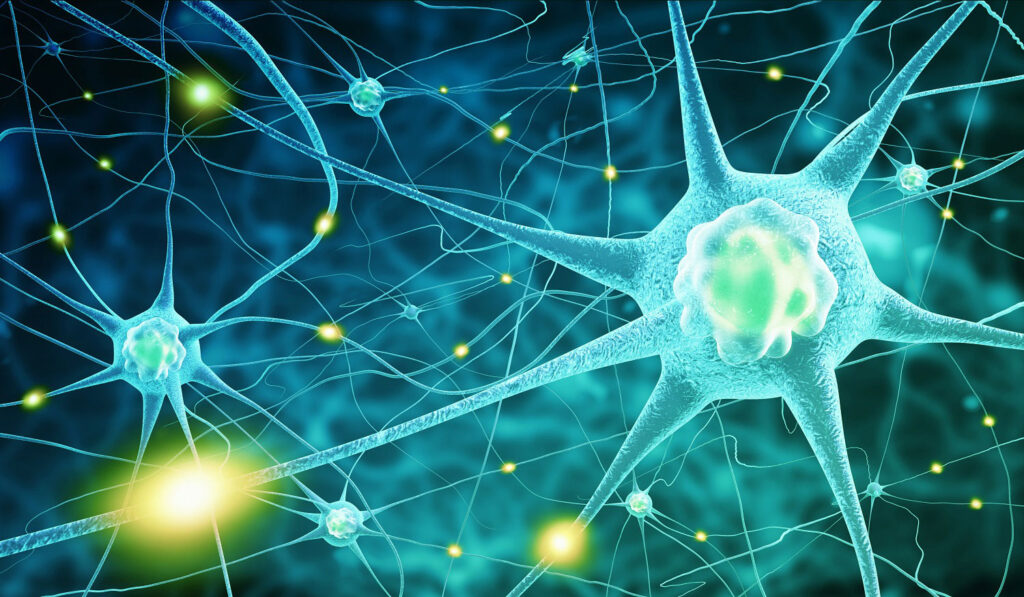
The critical link between hormonal balance, weight management, & bariatric solutions
Hormones are chemical messengers that travel through your bloodstream to your tissues or organs. Even a slight hormonal imbalance may have a significant effect on different processes in your body – including metabolism, which facilitates the conversion of what you eat and drink into energy.
According to this article “The endocrine system can fall out of balance. This happens when chemicals called endocrine disruptors block the natural cycle of your hormones. Disruptors can pretend to be receptors for a hormone. They can also block the hormone’s path completely.”
The result? A hormone imbalance that can throw entire body systems out of sync..
If one or more hormones are out of whack, other body systems are affected. Weight is often affected in that the person gains or loses rapidly. Other times, the person stays on a plateau and can’t lose weight.
Hormones also control body processes that should lead to weight loss when all is balanced. Some of these things are the ability to build muscle, energy levels, and rate of metabolism. If your weight loss stalls, you could have a hormonal imbalance.
Being underweight can disrupt hormones, making it hard for you to get the nutrients you need. Similarly, people with hormone imbalances may find it harder to lose weight and decrease fat. Disrupted hormones make it easier to gain weight and fat and harder to lose it, as well as affecting where fat tends to accumulate.
How do I balance my hormones to lose weight?
Balancing hormones can be a complex process and requires a comprehensive approach. Here are some general tips that may help:
- Eat a healthy, balanced diet: Consuming a diet rich in fruits, vegetables, whole grains, lean proteins, and healthy fats can help regulate hormone levels. Avoiding processed and sugary foods can also be helpful.
- Exercise regularly: Regular exercise can help regulate hormone levels and burn calories. Aim for at least 30 minutes of physical activity most days of the week.
- Manage stress: High levels of stress can disrupt hormone levels, so finding ways to manage stress such as meditation, deep breathing, or yoga can be beneficial.
- Get enough sleep: Poor sleep habits can affect hormone levels and lead to weight gain. Aim for 7-9 hours of sleep each night.
- Consider hormone replacement therapy: In some cases, hormone replacement therapy may be necessary to balance hormone levels.
It’s important to note that hormone imbalances can be caused by underlying medical conditions, so it’s always best to consult with a healthcare professional to determine the best long-term course of action for your individual needs.
Hormones & their effects on your weight
Hormones are chemical messengers that play a crucial role in regulating body processes, including metabolism and appetite. Their balance significantly impacts weight management. Below, we categorize hormones into those that aid in weight loss and those that contribute to weight gain.
Hormones that help with weight loss:
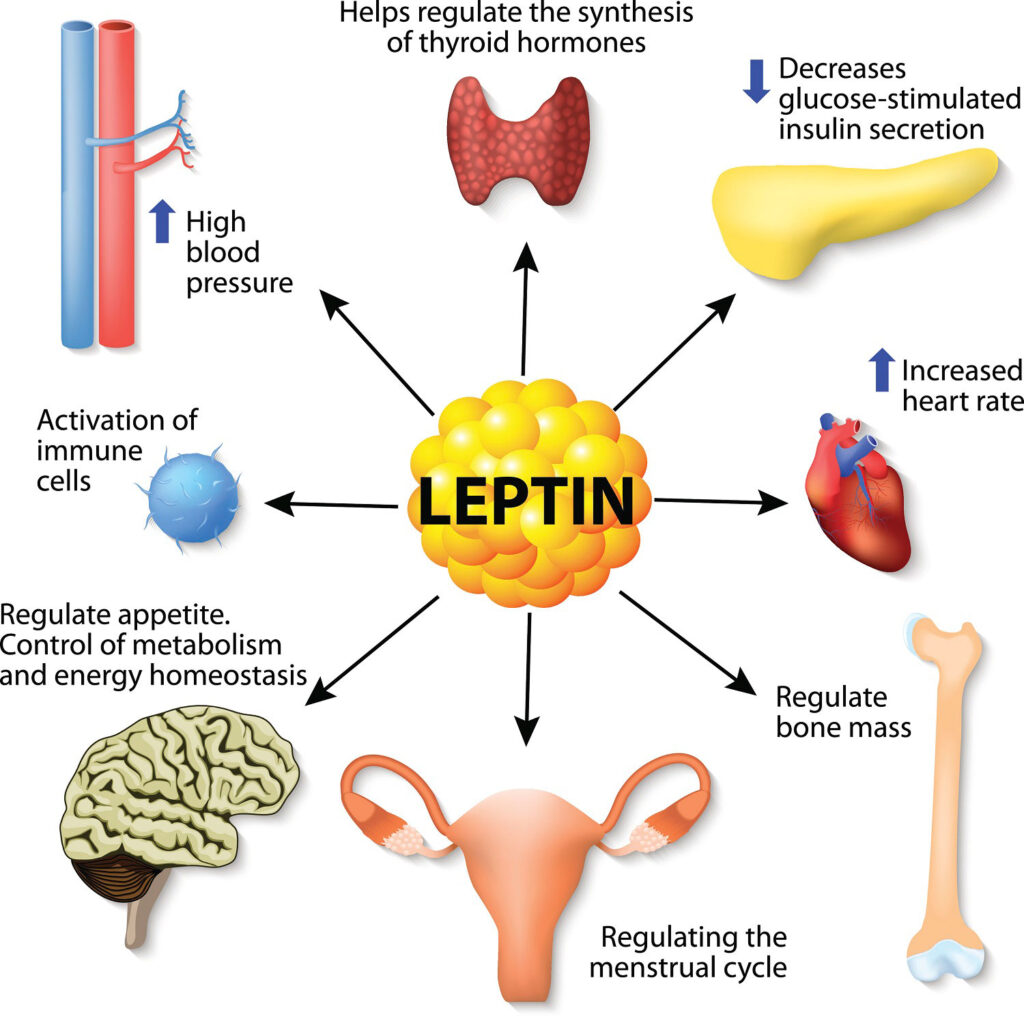
Leptin
Leptin is a protein produced primarily by adipose tissue and appears to be reflective of total body energy stores proportional to body fat mass. However leptin acts on the hypothalamus to induce satiety.
After your fat cells release leptin, the hormone travels to your brain to let your body know you’re full. But when you eat large amounts of fructose – a type of sugar found in fruit and processed foods –the fructose is converted to fat which produces more leptin. When your brain receives too much of this hormone, it begins to become leptin-resistant over time. As a result, you don’t get the signal that you’re full and will tend to overeat.
DHEA
Dehydroepiandrosterone (DHEA) is primarily produced by the adrenal gland and is also made in the brain. It aids in the production of estrogen and may also help boost metabolism, facilitating fat and weight loss.
Testosterone
Men’s testosterone levels tend to decrease if they’re obese or under stress. Similarly, low testosterone can make men more likely to develop body fat, including a potbelly. Testosterone is commonly referred to as a sex hormone but impacts much more than that.
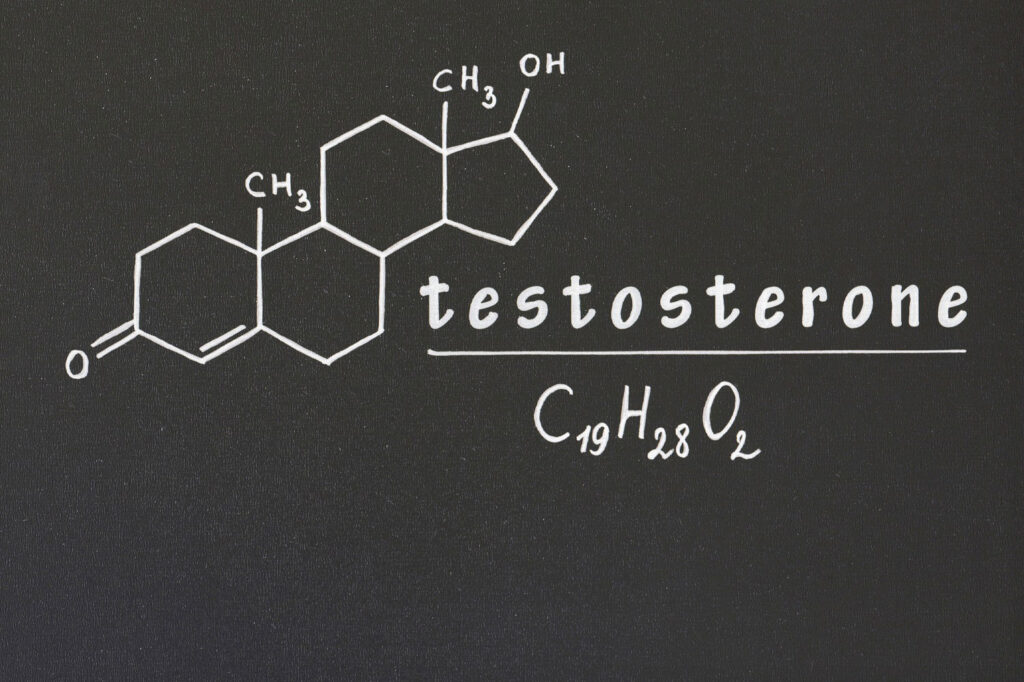
Hyperthyroidism
When the thyroid overworks, it is called hyperthyroidism. Typically, patients with hyperthyroidism experience weight loss due to the increased rate at which their body metabolizes energy. One of the more severe side effects include the scenario in which the body metabolizes food and energy so fast, that the person must increase caloric intake in order to just maintain their current weight. If someone is unaware that they have an overactive metabolism, this issue could eventually become medically difficult to maintain and should be treated by a physician.
Hormones that contribute to weight gain:
Ghrelin
Ghrelin, commonly referred to as the hunger hormone, is primarily produced by the stomach, and its main role is to stimulate appetite and promote food intake. Ghrelin levels increase in the body when the stomach is empty, and decrease after eating. This hormone binds to receptors in the brain to activate hunger signaling pathways, which can make you feel hungry and increase your motivation to eat.
Insulin
Insulin processes the sugar in your blood and moves it into the cells, where it’s used for energy or stored as fat. Eating too much sugar or carbohydrates and failing to consume enough protein and fiber can increase your levels of insulin, which may lead to insulin resistance or type 2 diabetes.
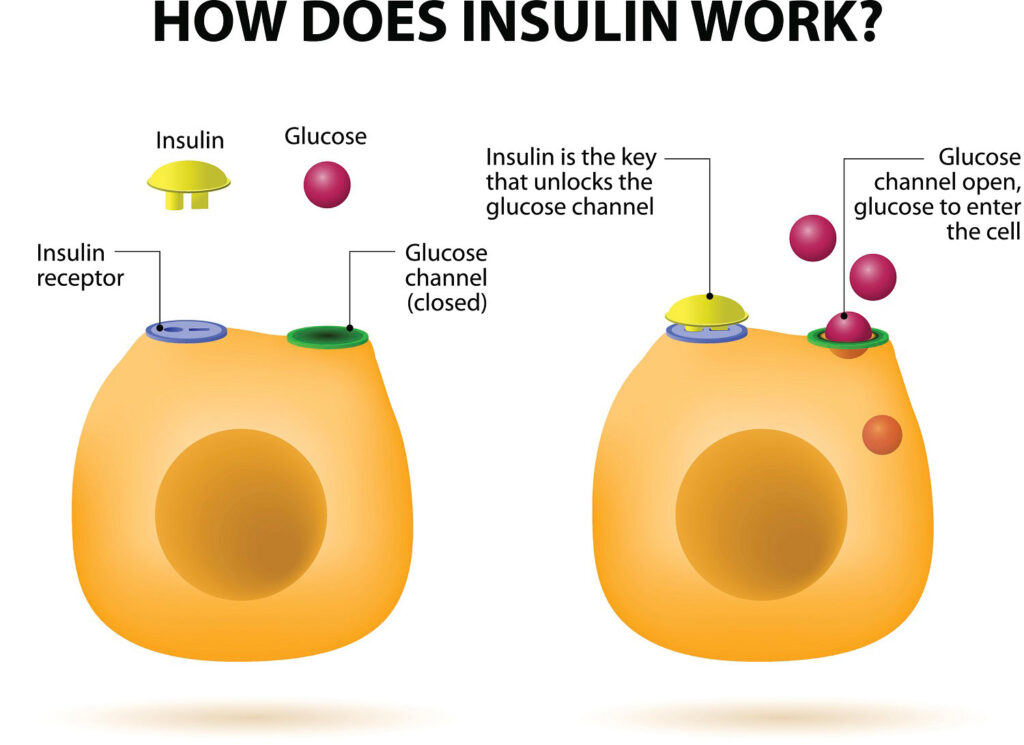
Insulin Resistance
The Core Medical Group article continues, “If a person’s body cannot use insulin efficiently, insulin levels rise in an attempt to keep blood glucose down. This is called insulin resistance. It is a risk factor for diabetes and other conditions.”
When your cells are not absorbing natural glucose properly, the sugar builds up in the blood, binding to fat molecules if unused. When those blood sugar levels reach a high enough point, your hormones will become out of balance, and at significant enough levels, one could develop diabetes, continue to lose energy, and gain weight due to the body’s trouble breaking down food properly.
Cortisol
Cortisol, often referred to as the stress hormone, helps regulate your metabolism and manage stress. Depression, anxiety, and digestive issues such as irritable bowel syndrome (IBS) may increase your body’s cortisol production and cause an increased appetite, as well as a greater tendency to store belly fat.
According to Dr. Sara Gottfried, the New York Times bestselling author of The Hormone Reset Diet and Goop.com contributor “Ninety percent of the time, I find that the main hormone that’s out of whack is cortisol (which ends up disrupting other hormones, too). Your body makes cortisol in response to stress, but most of us run around stressed too much of the time, and our cortisol is off as a result. High or dysregulated cortisol levels wreak havoc over time, depleting your happy brain chemicals like serotonin, robbing your sleep, and making you store fat—especially in your belly. High cortisol is likewise linked to depression, food addiction, and sugar cravings. The root cause of cortisol imbalance is usually a dysregulated HPA (hypothalamic-pituitary-adrenal) axis, which is the boss of all of your hormones.”
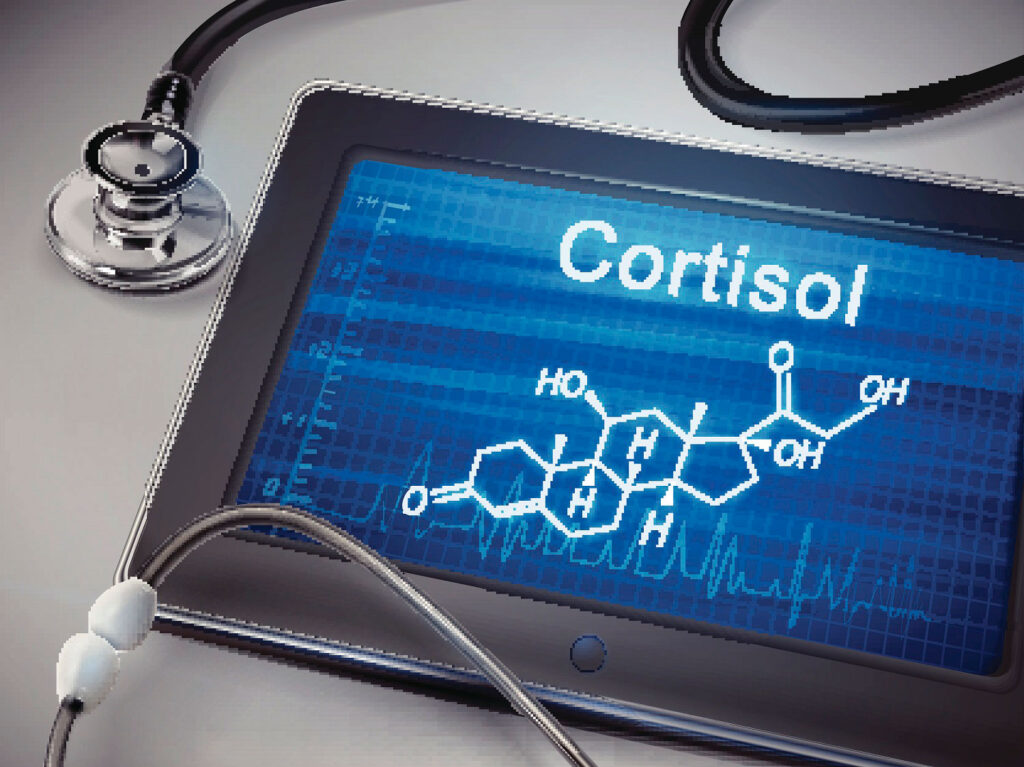
Hypothyroidism
A low functioning thyroid is called hypothyroidism. With hypothyroidism, a person’s BMR decreases causing a lack of necessary metabolic function causing calories to stay in the system longer, being turned into empty fat cells, never being metabolized properly. An underactive thyroid is often associated with weight gain, especially for women.
Estrogen
In men, abdominal fat can cause estrogen levels to rise, which in turn accelerates further abdominal fat retention. In premenopausal women, estrogen may cause the accumulation of fat around the hips and make losing weight more difficult.
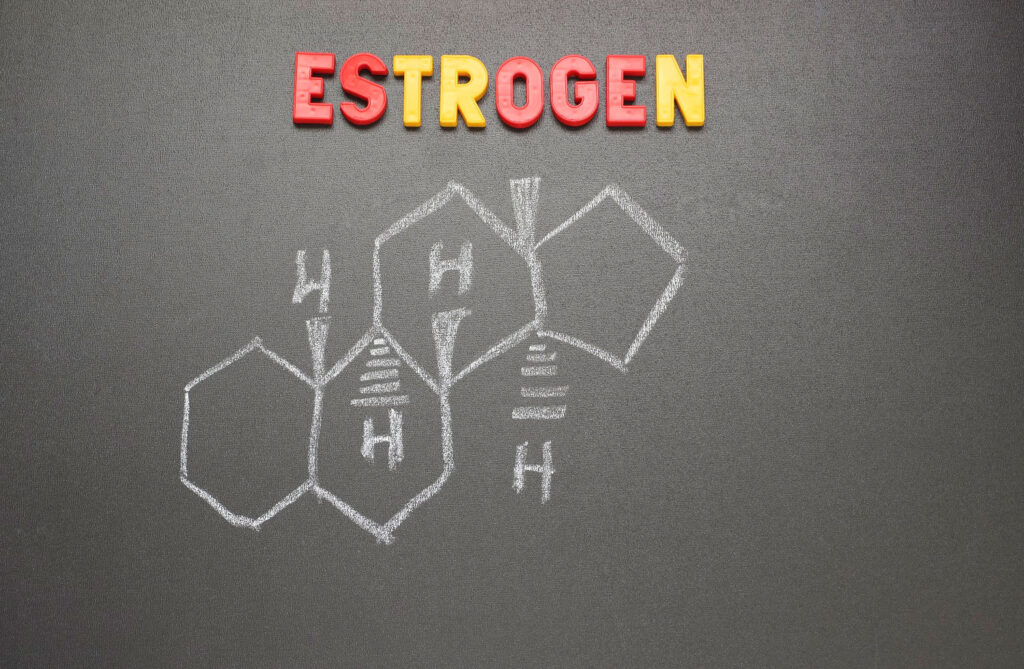
Understanding how your body works can help you create a plan for a healthier you.
How does bariatric surgery support weight loss & hormonal regulation
Bariatric surgery is a powerful tool for weight loss and hormonal balance, addressing key barriers to achieving and maintaining a healthy weight:
- Promotes Hormonal Balance: It reduces levels of hunger hormones like ghrelin, improves insulin sensitivity, and helps normalize cortisol and thyroid functions.
- Enhances Metabolic Health: By adjusting digestive processes, bariatric surgery optimizes energy usage and fat metabolism.
- Fat Distribution Regulation: Surgery mitigates issues related to estrogen and testosterone imbalances, which can hinder weight loss.
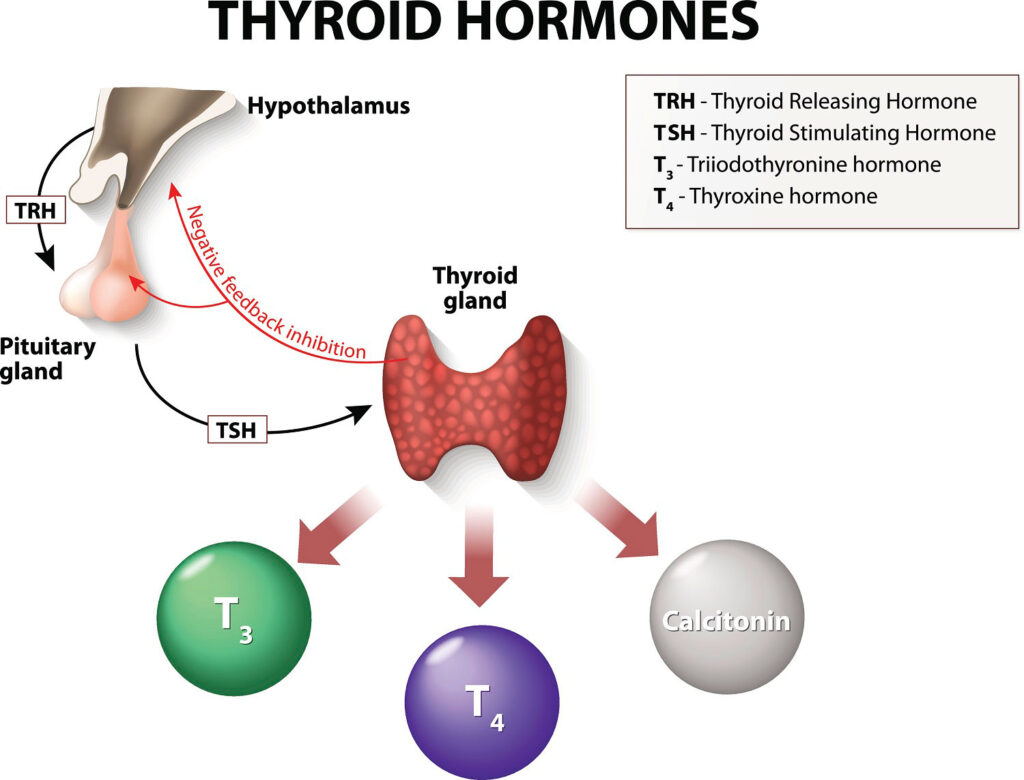
How BMI of Texas Can Help
At BMI of Texas, expert bariatric surgeons provide personalized care, guiding you through the surgical process and offering post-surgery support to achieve lasting weight loss and hormonal harmony. From initial consultations to tailored treatment plans, BMI of Texas is committed to your health and success. Contact BMI of Texas for more information about hormones and weight loss.

